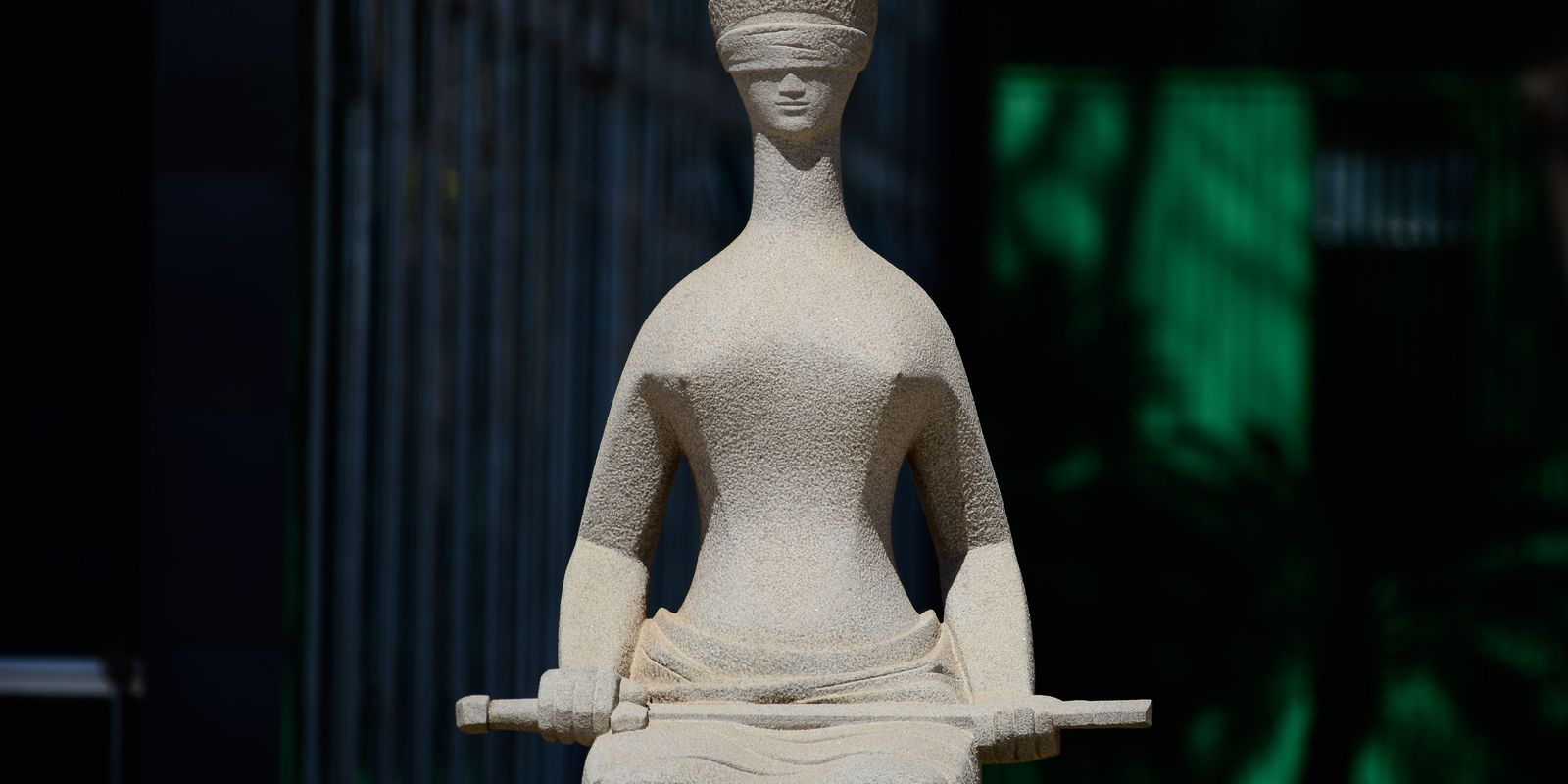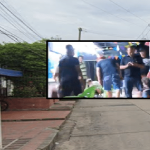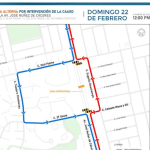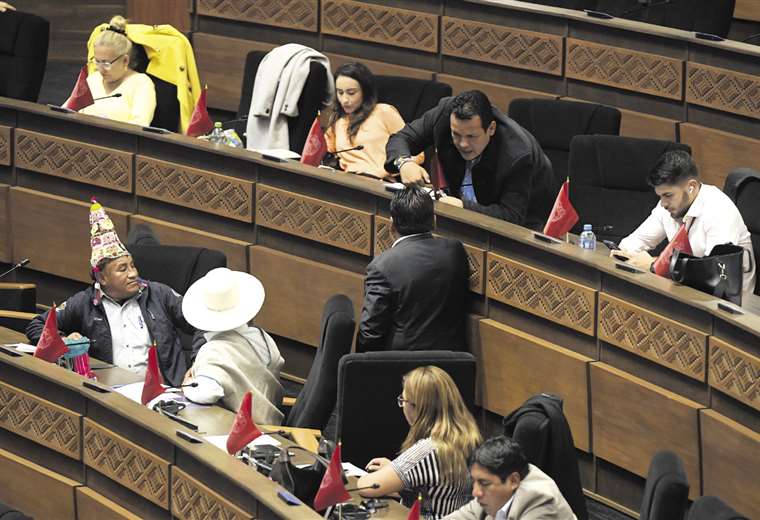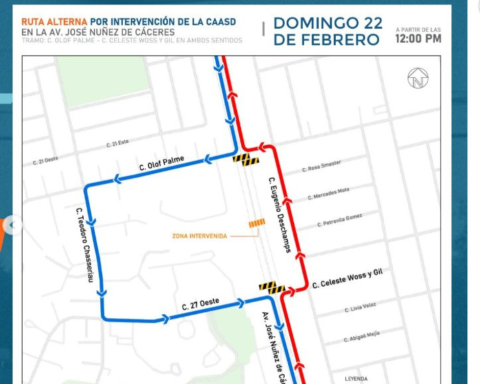The judgment of the Federal Supreme Court (STF) regarding approaches based on skin color is a possibility to face the racism practiced by Brazilian institutions, in the evaluation of the specialists consulted by the Brazil Agency.
“Facing the debate on the illegality of evidence produced by racial profiling is essential to confront one of the main mechanisms that reproduce institutional racism in Brazil”, highlights the director of Litigation and Advocacy at Conectas Human Rights, Gabriel Sampaio. The non-governmental organization participates in the trial as an interested party.
it is the case of an arrested man being judged in the STF with 1.53 grams of cocaine in Bauru, in the interior of São Paulo. The Public Defender’s Office of the State of São Paulo requests that the evidence in the case be annulled because the police would have approached the man mainly based on the color of his skin. In the statement, the police explicitly mention that the suspect was a black person who would be “in a typical scene of drug trafficking”, standing, next to the curb, on a public road”, next to a stopped vehicle.
The judgment was suspended last Wednesday (8th) and should be resumed on the next 15th. So far, five justices have voted. The rapporteur, Minister Edson Fachin, defended in his vote that there were no elements to justify the approach and that the police acted based on the color of the suspect’s skin, making the evidence obtained illegal. The other four ministers disagreed in the specific case that the personal search was motivated by racism, but agreed that it is unacceptable for the police to act based on the racial profile.
racist approaches
For Sampaio, it is necessary for State agents to present concrete evidence that justifies the need to approach a person. However, according to him, it is routine for internalized racism in institutions to direct police action against the black population. “This way of classifying, discriminating people in approaches based on skin color and generating, from this, all the actions and constraints of the criminal justice system is something quite recurrent in Brazil, especially against black people”, emphasizes it.
Research released by the Institute for the Defense of the Right to Defense (IDDD) in July last year, based on more than a thousand interviews carried out in São Paulo and Rio de Janeiro, showed that a black person has a 4.5 times greater risk of be stopped by the police. Among those approached, 46% of black people said they had heard mentions of color or race, a percentage that remained at 7% for white people.
If the thesis that approaches made based on skin color are illegal is accepted by the STF, the police will have to, according to the lawyer, present the elements that motivated the suspicions. “Which means that probative elements, elements that lead to any kind of suspicion need to be brought in a concrete way so that the justice system and society can exercise control over state activity and have the assurance that institutional racism is not being reproduced”, he explains.
Currently, according to the expert, it is up to the victim of an abusive approach to prove that the action was illegal or unnecessary. “When you are the victim of an illegal approach, the citizen has no means of proving the illegality of the approach”, he points out. Therefore, according to him, there is a need for a new vision on this point.
From Police to Justice
Institutional racism appears, according to Sampaio, in all stages involving the concrete case being judged, from the approach to the resulting convictions. “There is no doubt in reading the case that what mobilized the action of the police to approach the patient was the color of the skin”, he emphasizes.
The penalties imposed for the small amount of drugs seized are also, in the lawyer’s view, an indication of the influence of institutional racism in the case. “At all formal procedural moments, he identified himself as a user. But the justice system, in addition to the military police, for the police authority [delegado], the Public Prosecutor’s Office, up to the judgment in the sentence, the Court of Justice in the appeal, they treat that person always applying in the most rigorous way, contrary to the precedents of the superior courts, the criminal law, to the detriment of the patient”, he says, remembering that the man was sentenced to almost eight years in prison. This sentence was reduced by the Superior Court of Justice to two years and 11 months.
The case is emblematic in relation to institutional racism also in the evaluation of the political articulation advisor of the Black Initiative for a New Policy on Drugs, Juliana Borges. “It’s difficult to get lawsuits that have such overwhelming evidence of racial profiling as motivation for a police approach. You have in the process the police verbalizing that they saw a young black man. In general, they state that they have seen a suspect or a young person”, she points out.
war on drugs
There is also, in the expert’s opinion, a sample of how the current policy of criminalizing some substances that underlies a large part of public security actions in the country affects black people in particular. “It is a judgment that allows a series of discussions that we have been accumulating for some years to point out that the war on drugs has been this mechanism for reproducing vulnerabilities, hierarchies and socio-racial chasms in our country”, she adds.
In this context, black people and those who live in poorer communities are, according to Borges, placed as a “suspicious figure to be fought”. “This is done through the reproduction and reaffirmation of stereotypes and images of control over black and peripheral people.”
Therefore, she argues that the case provokes a reflection on the need to review the way the police act and the possibilities for society to investigate and observe the actions of State agents. “A decision about this can reverberate in the sense that we can establish rules for action, both for social control, but also for police action.”
